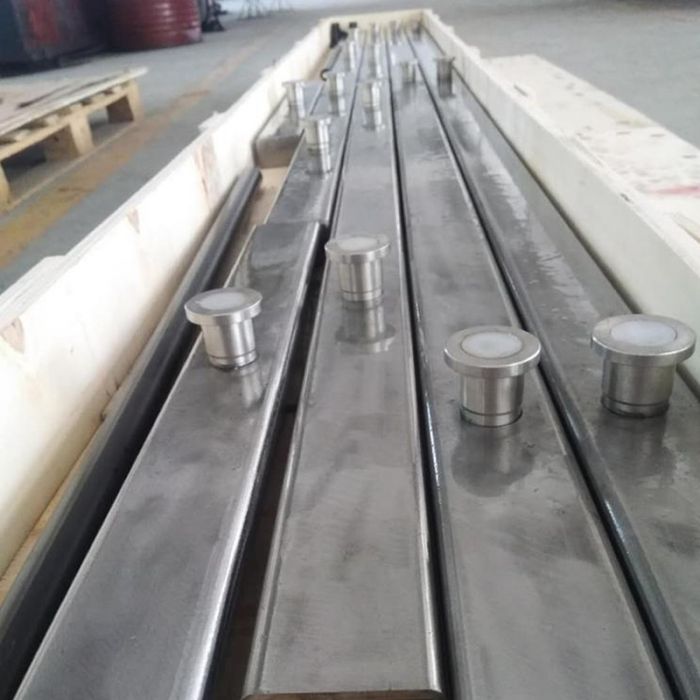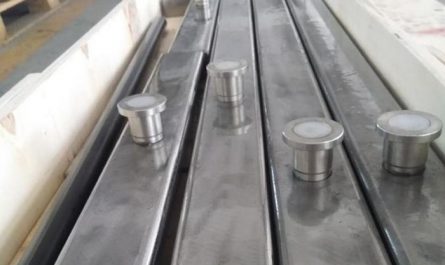Source: Huaxia cornerstone management review Author: Xia Jingming organizational capacity-building includes the following three core issues.
Why is organizational ability important? What is organizational capability? What is the core content of organizational capability? What are the key propositions in the process of organizational capacity-building? Why build organizational capacity: the invisible support of enterprise core competitiveness organizational capacity is not only the key element for enterprises to form core competitiveness, but also the real internal force for enterprises to stand over the cycle.
But in fact, most entrepreneurs’ initial success is accidental.
From seeking survival in the initial stage to seizing the opportunity to make the enterprise bigger and stronger, entrepreneurs have realized the transformation from business to career, and continue to pursue new careers.
The core of entrepreneurs’ pursuit of career is the pursuit of industrial competitiveness.
If it is divorced from the pursuit of industrial competitiveness, what entrepreneurs pursue is not a real career.
Entrepreneurs often talk about the goal of “pursuing the world first and the world first”, which is the pursuit of industrial competitiveness.
From the results of enterprise operation, industrial competitiveness is reflected in the growth of enterprise scale and the improvement of profitability, while from the perspective of core competitiveness, industrial competitiveness is reflected in the following three aspects.
(1) Brand.
It should be noted that the expansion of brand influence is not simply advertising, but by introducing the enterprise’s R & D, production, marketing and other processes to impress customers.
If the brand is recognized by customers, it forms a competitive barrier.
This is also the reason why some brands are still valuable after the collapse of some enterprises.
At the same time, the brand has strong irreplaceable.
Once a brand has a great influence on customers, customers will get used to using the products of this brand, and other brands will be difficult to replace its position in customers’ mind.
Therefore, brand is the embodiment of the core competitiveness of enterprises.
(2) Knowledge accumulation complex system.
Can a catering enterprise develop into a leading enterprise in the industry? Certainly.
The key factors determining the ultimate success of this catering enterprise are the brand and cumulative complex systems, such as central kitchen, cold chain supply chain and store operation system.
If this catering enterprise can do well in these highly irreplaceable knowledge cumulative complex systems, it can form a high competitive barrier.
A typical example is Baiguoyuan, whose core competitiveness is “system + brand”.
(3) High barrier technology.
There is a popular saying in the business community – “super first-class enterprises do standards”.
Many enterprises believe that being able to participate in the formulation of national industry standards is a super first-class enterprise, which is a misunderstanding of super first-class enterprises.
By benchmarking world-class companies such as Microsoft, Intel and Qualcomm, it is not difficult for us to find that “super first-class enterprises do standards” actually do intellectual property, technology, and underlying, basic and high barrier technology.
This is the core competitiveness of enterprises.
Further, the key factor for enterprises to form core competitiveness is organizational ability.
In order to build core competitiveness, form industrial competitiveness, realize career ideals and sustainable development, enterprises can not do without the support of organizational ability.
Why do you say that? We can think about how the core competitiveness of an enterprise is formed.
If the enterprise has no excellent R & D team, no R & D talent echelon and R & D management system, and no effective R & D incentive mechanism, can the core competitiveness of technology be formed? Obviously not.
If a brand does not have a good management system in marketing, production, R & D, etc., a good talent echelon and a good mechanism, how can it form an influential excellent brand? If there is no continuous construction of talent echelon, no good incentive mechanism to stimulate everyone’s sustainable growth, and no efficient management system to ensure the interaction between talent echelon and dynamic mechanism, how can a knowledge accumulation complex system with high barriers be formed? So deduced, the thinking is clear.
The sustainable development of enterprises must form core competitiveness, which comes from organizational ability.
Excellent organizational ability is the core internal force for an enterprise to achieve excellence and sustainable development.
The core element of organizational capability is “four components”.
From the perspective of the construction of organizational capability, the connotation of organizational capability includes four parts.
These four parts are called “four components”: first, talent echelon; Second, management mechanism; Third, organizational system; Fourth, corporate culture.
(1) Talent echelon.
The internal logic between these “four components” is to have people first, then management mechanism and organization system, and finally build enterprise culture.
First of all, there must be people.
People are the most critical factor; The management mechanism can stimulate people’s work motivation; After stimulating people’s work motivation, the organizational system determines the work efficiency of an enterprise (platform) and employees; Corporate culture is the orientation, concept and principle embodied in the first three “components”.
The four form a closed loop.
It should be noted that the first “component” of organizational capability is talent echelon, not talent.
Because a single concept of talent can not be transformed into organizational ability, and the talent echelon has organizational ability.
If enterprises rely too much on capable people, once there is a problem with capable people, it will have a great destructive effect on the organization, which is the disadvantage of not realizing organization.
After the formation of talent echelon, this problem can be avoided.
If something goes wrong with a capable person, others can take his place.
Without talent echelon, the management mechanism of an enterprise will fail.
With talent echelon, an enterprise or an organization can realize internal circulation.
Talent echelon is the key factor for an enterprise to form a self metabolism that depends on people but does not depend on people.
(2) Management mechanism.
The essence of management mechanism is to stimulate employees’ work motivation.
The core of management mechanism is decision-making mechanism, target management mechanism, decentralization mechanism and distribution mechanism..



